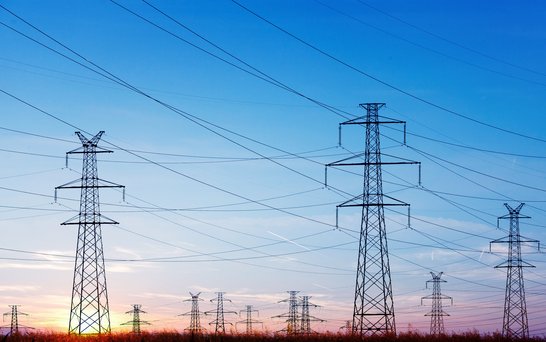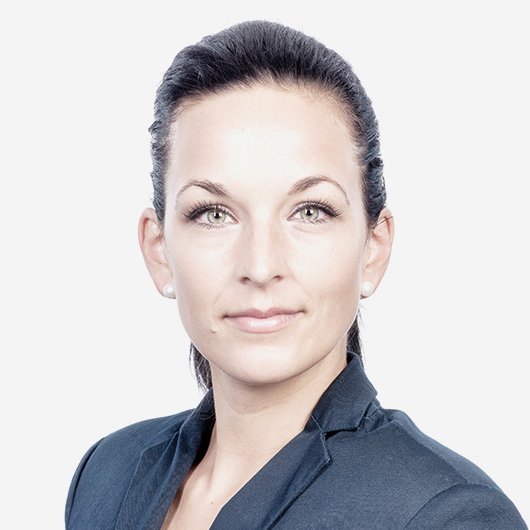Provision of balancing energy: Alzchem Group AG supports grid stability through flexible load control
Trostberg, October 24, 2024 – Alzchem Group AG, a globally active specialty chemicals company, makes a significant contribution to the stability of the power grid with its two carbide furnaces at the Hart site. The electrical output of both furnaces is marketed as part of the new market-based instrument “system service product in real time from switchable loads” (“Systemdienstleistungsprodukt im Echtzeitbereich aus abschaltbaren Lasten” – SEAL). This marketing of flexibility also enables Alzchem to further optimize the costs of its energy-intensive production.
SEAL includes services designed to ensure the stability and reliability of the power grid. Industrial electricity consumers (“loads”), such as Alzchem’s carbide furnaces, can be switched off within fractions of a second if necessary. SEAL has been active since May 22, 2024, replacing the former “Regulation on Interruptible Loads” (“Verordnung zu abschaltbaren Lasten” – AbLaV), which was used until June 2022 to activate industrial flexibilities for grid stabilization, particularly in southern and western Germany. However, only a few companies meet the strict shutdown criteria of SEAL, leaving a large part of the industrial flexibility potential untapped. According to current estimates, the available flexibility potential is only around 400 MW. Alzchem’s two carbide furnaces, with their high total output, meet the high demands for the provision and delivery of shutdown services, making them an important tool for stabilizing the power grid.
Klaus Englmaier, COO of Alzchem Group AG: “Being the first company to participate in the balancing energy product SEAL is a great success for us – especially in view of the strict shutdown criteria and the demanding prequalification. We are pleased that we can not only contribute to grid stability in this way, but also optimize our operating costs at the same time. This makes this milestone extremely valuable both ecologically and economically.”

